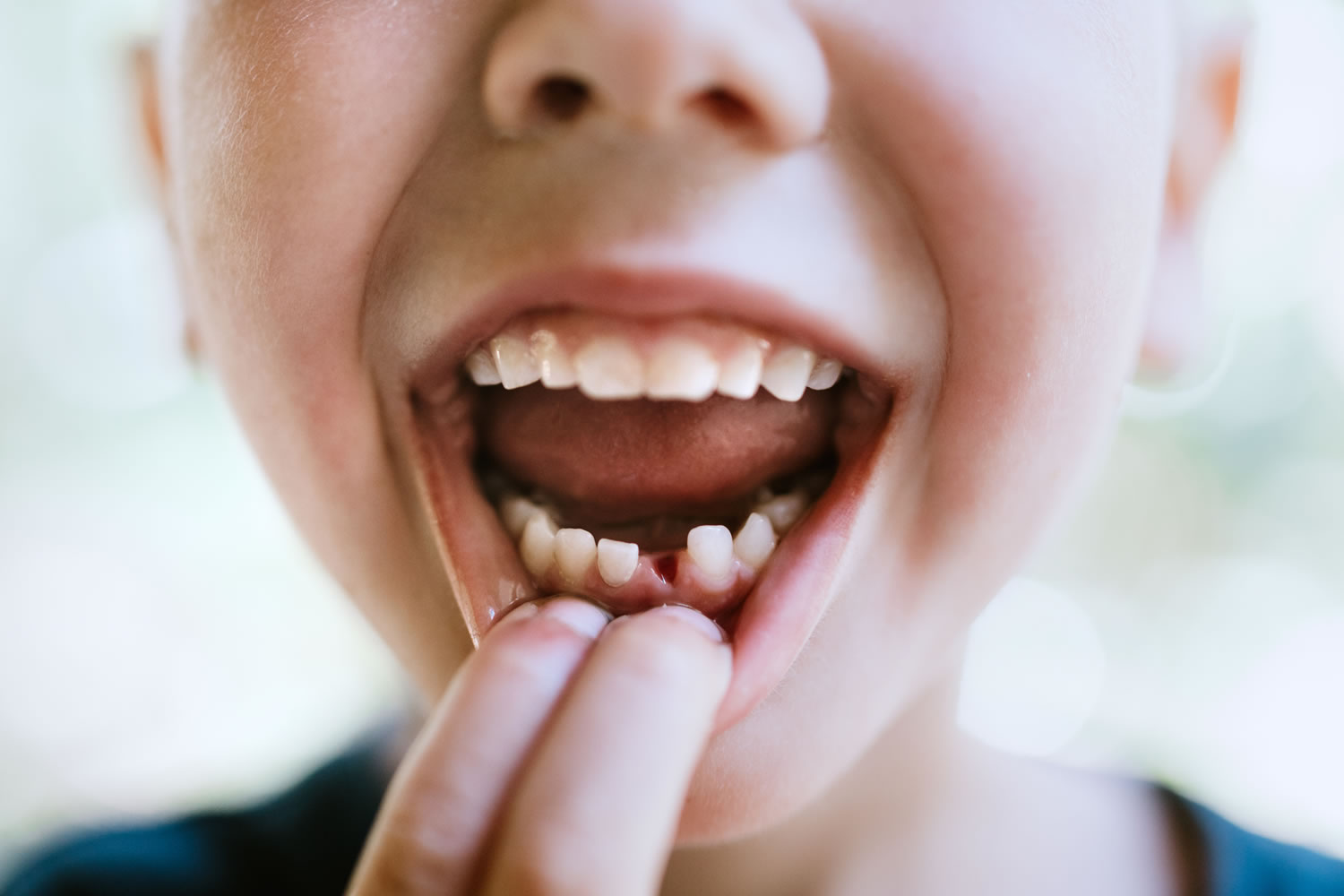The top foods causing tooth decay in Kiwi kids
Published on Wednesday, 30 September 2020
Last updated on Wednesday, 21 October 2020

Sweet treats are famously bad for young teeth, but you might be surprised to discover that some simple savoury snacks are also eating away at our children’s enamel.
According to new research by the University of Auckland and Starship Children’s Hospital, a diet high in sugar or refined starch is strongly linked to cavities in children, which means that white bread can be as damaging as something like ginger crunch.
Here we look at the research in more detail and share ways to prevent decay and keep your child’s teeth in top condition.
What did the research involve?
Tooth decay is a leading cause of avoidable hospital treatment for Kiwi children, and the researchers wanted to see how diet and dental hygiene practices impact the number of cavities kids get in early childhood.
To do this, they looked at the dental records of 4,111 youngsters taking part in the Growing Up in New Zealand study, starting with the dental records from each child’s first community dental appointment.
These records were then cross-referenced with information about dental hygiene and food consumption that was collected when the children were two years old.
What did the researchers discover about children’s oral health?
Although three-quarters of the children had no cavities at their first dental appointment, the researchers found ‘strong statistical evidence’ that frequent consumption of sugary foods and refined starches was linked with a greater number of tooth cavities at the ages of four to seven.
Specifically, the foods most associated with tooth decay in our children are:
- White bread
- Fruit juice
- Refined breakfast cereals
- Confectionary and cake
- Sugar sweetened soft drinks
- Ice-cream and
- Noodles.
On the flipside, foods containing unrefined wheat (e.g. wholemeal or whole wheat bread), vegetables from the brassica family (e.g. broccoli) and cheese were associated with a lower number of cavities in children.
How can a child’s background impact their oral health?
As well as linking diet with decay, this research shows that ethnicity and socio-economic status have a strong bearing on the number of cavities different children get.
In terms of ethnicity, Pacific children were four times more likely to have four or more cavities at their first community dental appointment, and Asian and Māori children were twice as likely to have four or more holes at that appointment.
It’s also recognised that poverty and deprivation make it harder for people to afford good quality food that’s nutritious and beneficial for children’s health (including their oral health).
The researchers see a need for nutritious foods to be made available to all young children in this country, and the research paper says that, ‘Policies to reduce sugar and refined starch intake should be considered’ in light of the strong link between diet and decay in early childhood.
How can cavities be prevented in early childhood and beyond?
Each year, thousands of children get hospital treatment for tooth decay, but there are things we can do to prevent the decay that leads to specialist care.
This research shows that a low sugar, less refined diet reduces the risk of cavities, and when it comes to dental hygiene, children can ward off tooth decay by:
- Brushing their teeth more often (twice a day with fluoride toothpaste);
- Getting tooth-brushing help from Mum or Dad; and
- Brushing their teeth after having a snack or a drink.
Dental care is free for kids, so make sure you enrol your child with your local Community Oral Health Service (by calling 0800 825 583) and get their teeth checked regularly.
The Ministry of Health has dental care tips for different ages, and the New Zealand Dental Association offers information about baby teeth and those of older children.
There’s no doubt that oral health is important for the overall health of our children, so brush up on their brushing and make the switch to broccoli and brown bread!
Reference
Related Articles

Keeping Your Child Healthy in Child Care
Child care services and illness go hand-in-hand, this article offers pointers to help parents keep their child healthy and prevent the spread of germs.

How to keep baby teeth healthy
Keeping baby teeth healthy and the important role they play in your child's mouth.

Is dried fruit a healthy snack?
Making the case for fresh fruit over dried…despite what your children prefer!
